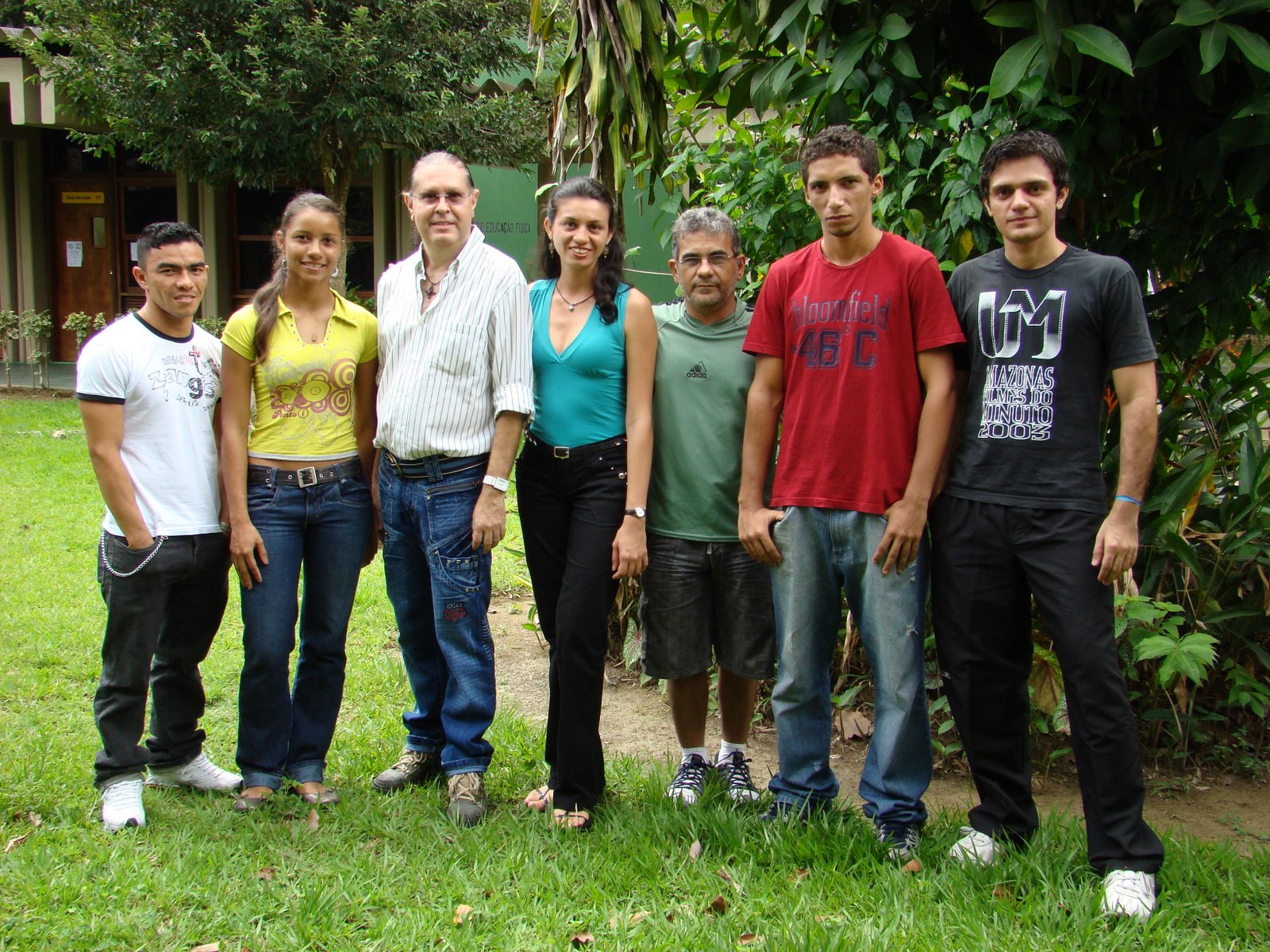O USO DA TERAPIA ESPELHO NA RECUPERAÇÃO FUNCIONAL DO PACIENTE PÓS-ACIDENTE VASCULAR ENCEFÁLICO: REVISÃO DE LITERATURA.
Resumo
RESUMO
O tratamento fisioterapêutico com o recurso da terapia espelho nos indivíduos com sequelas do AVE (Acidente Vascular Encefálico) visa à recuperação funcional dos membros comprometidos por meio de treinamento motor que estimula a plasticidade neural. A técnica tem fácil aplicabilidade e baixo custo, sendo aplicada por meio de um espelho posicionado no plano sagital entre os membros que se deseja trabalhar, de forma que o reflexo do espelho esteja voltado para o membro sadio. Esta pesquisa tem como objetivo avaliar os estudos acerca da terapia espelho em pacientes com sequelas de AVE. A pesquisa foi feita através de revisão de literatura sobre o AVE, a Terapia Espelho e a sua eficácia na recuperação da funcionalidade de pacientes que tenham sofrido AVE. A revisão de literatura foi realizada através de artigos científicos indexados nas bases de dados: Pub Med, Scielo e Lilacs nos idiomas inglês e português, publicados entre 2011 a 2018. Os critérios de inclusão foram: estudos de casos clínicos, estudos randomizados controlados e revisões sistemáticas relacionadas à terapia espelho e a eficácia da mesma na funcionalidade para os pacientes acometidos por AVE.
Palavras-chave: feedback visual; funcionalidade; AVE.
ABSTRACT
Physiotherapeutic treatment with the use of mirror therapy in individuals with stroke sequelae aims at the functional recovery of compromised limbs through motor training that stimulates neural plasticity. The technique has easy applicability and low cost, being applied by means of a mirror positioned in the sagittal plane between the members that one wishes to work, so that the reflection of the mirror is facing the healthy member. This research aims to evaluate the studies about mirror therapy in patients with stroke sequelae. The research was done through literature review on the AVE, the Mirror Therapy and its effectiveness in the recovery of the functionality of patients who have suffered stroke. The literature review was carried out through scientific articles indexed in Pub Med, Scielo and Lilacs databases in the English and Portuguese languages, published between 2011 and 2018. Inclusion criteria were clinical case studies, randomized controlled trials and reviews related to mirror therapy and its effectiveness in the functionality of patients with stroke.
Key-words: visual feedback; functionality; AVE.
Downloads




